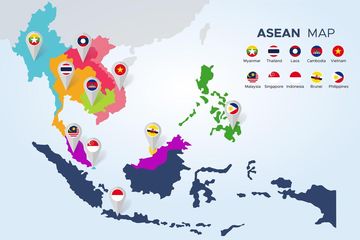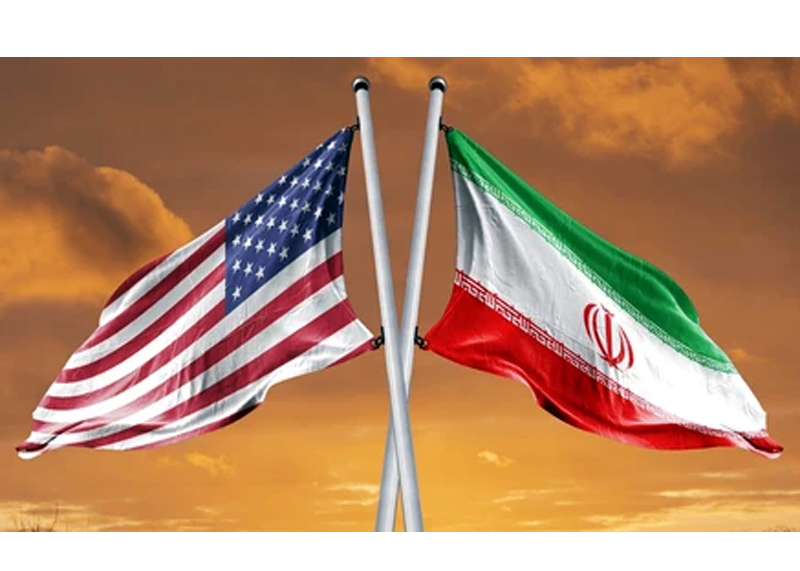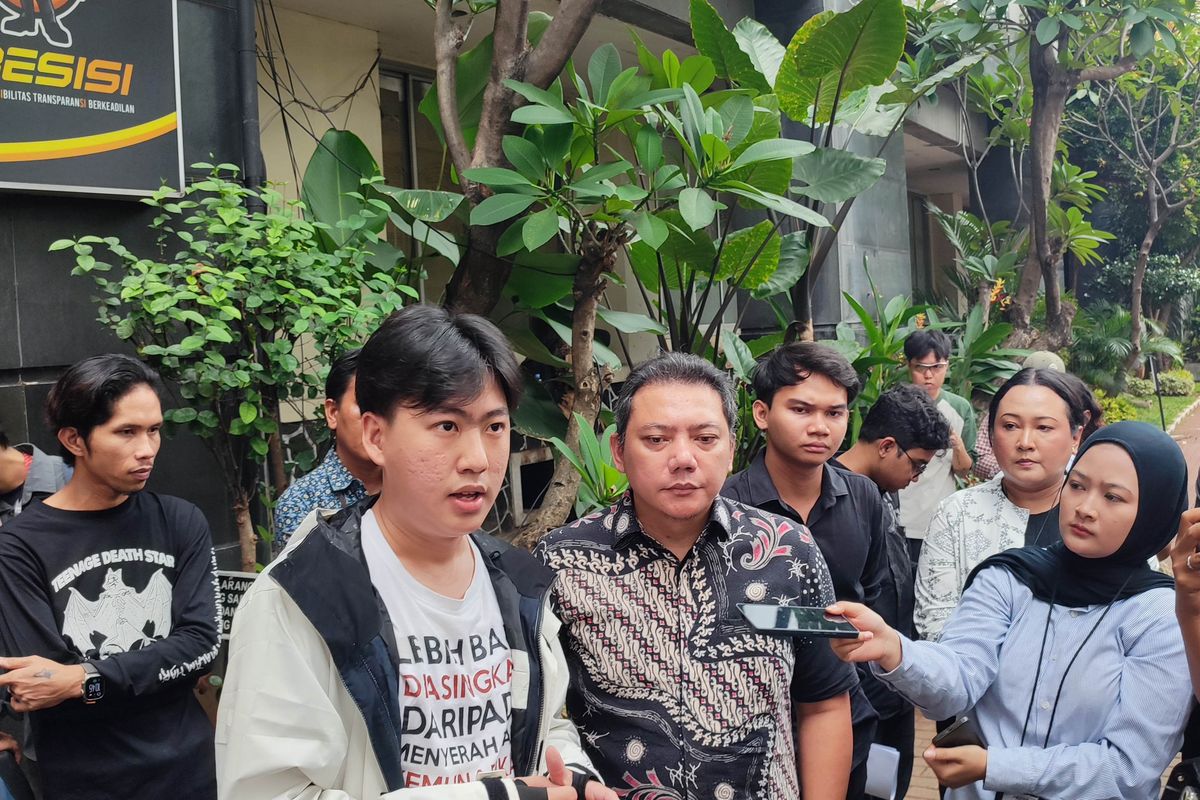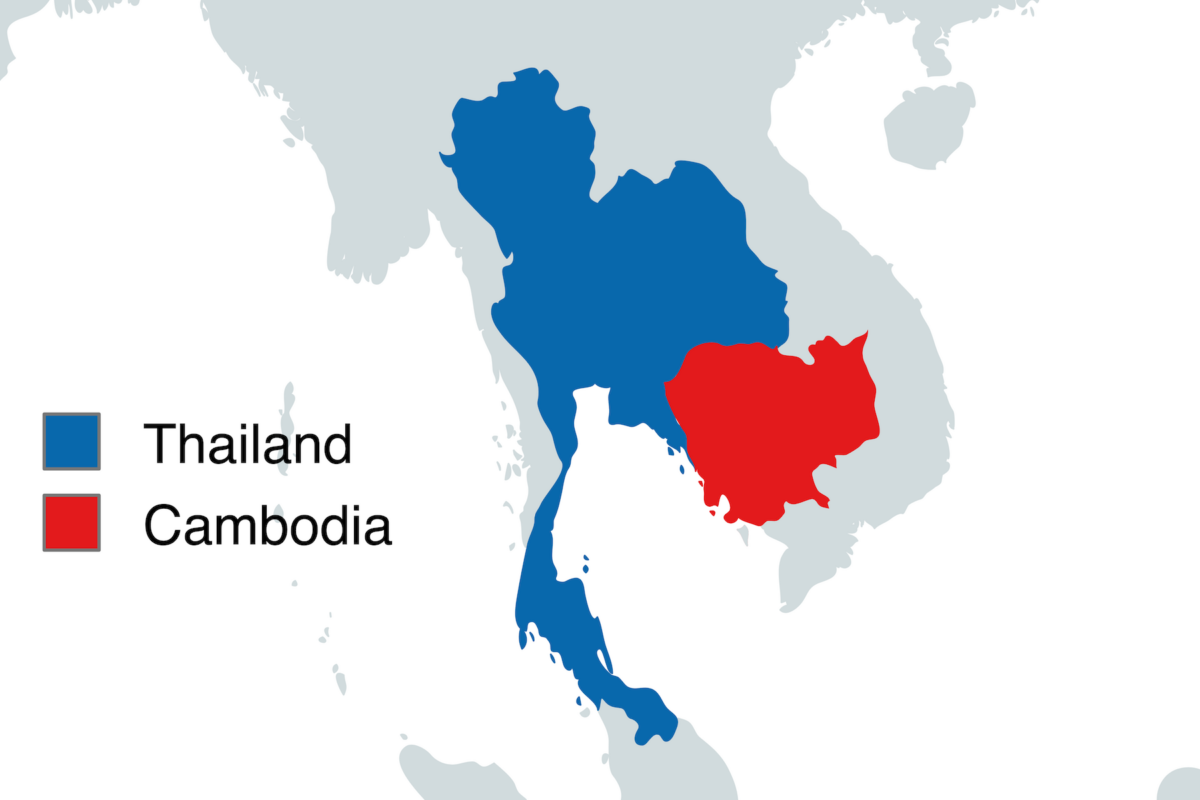Jakarta, June 7, 2025 —As geopolitical shifts fracture old alliances and reconfigure regional orders, a provocative question is resurfacing in Indonesian public discourse: Does ASEAN still serve Indonesia’s national interest — or has it become a diplomatic dead weight?This question, once raised cautiously by politicians and trade experts, is now being whispered in academic forums, social media, and even some cabinet circles. The debate goes beyond sentiment. It reflects deep-rooted frustration across economic, political, and social sectors, as Indonesia — Southeast Asia’s largest economy and democracy — finds itself increasingly constrained by a bloc built on consensus, but slow in action.
Indonesia’s economy, projected to become the world’s 7th largest by 2030, still struggles with massive trade imbalances inside ASEAN. Despite being a founding member, Indonesia is often flooded with cheaper goods from fellow ASEAN countries like Thailand and Vietnam, while its own exports — particularly agriculture and manufacturing — face bureaucratic hurdles and lack regional protection.> “We are not benefiting from ASEAN's economic integration. We’re serving as the region’s market, not its engine,” said one Jakarta-based trade analyst.
Critics argue that the ASEAN Free Trade Agreement (AFTA) disproportionately benefits industrialized members while stalling the growth of emerging ones like Indonesia, Laos, and Myanmar.
Indonesia's political role in ASEAN has often been one of quiet diplomacy — stabilizing tension in Myanmar, acting as a bridge between China and ASEAN claimants in the South China Sea, and pushing for human rights dialogue. Yet Jakarta’s calls for collective action are often diluted by ASEAN’s “non-interference” doctrine and the veto power of less democratic regimes.Nowhere is this clearer than Myanmar: despite Indonesia’s leadership on the Five-Point Consensus, ASEAN continues to fail at pressuring the junta, which openly ignores bloc resolutions.> “How do you build a community when half the house refuses to acknowledge the fire in the kitchen?” one Indonesian diplomat commented anonymously.
At the grassroots level, ASEAN lacks visibility and resonance. Unlike the EU, it has no common currency, no unified passport, no shared defense, and no binding enforcement mechanisms. ASEAN identity is weak, especially among Indonesian youth who increasingly view ASEAN as “elite diplomacy” disconnected from real lives.Public trust also eroded after the 2022 AFF U-19 football scandal, where many Indonesians believed their national team was unfairly treated. The anger wasn’t just about football — it was about fairness, and a feeling that Indonesia is often sidelined despite its size and contributions.
President Prabowo Subianto’s recent proposal to admit Papua New Guinea into ASEAN reflects a subtle yet strategic shift — expanding Indonesia’s diplomatic gaze beyond Southeast Asia, into the wider Pacific. With active roles in the Indo-Pacific Economic Framework (IPEF) and defense dialogues with Australia, India, and Japan, Indonesia is clearly hedging its bets.
“Jakarta is not leaving ASEAN — but it’s no longer putting all its eggs in the ASEAN basket,” said a CSIS analyst in a recent panel.




